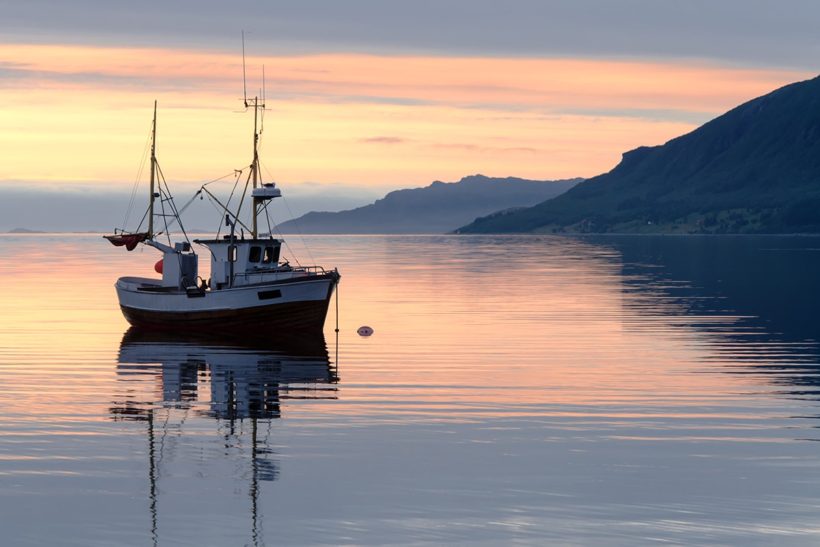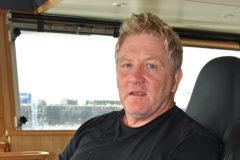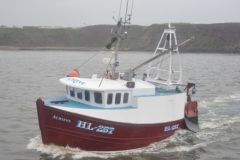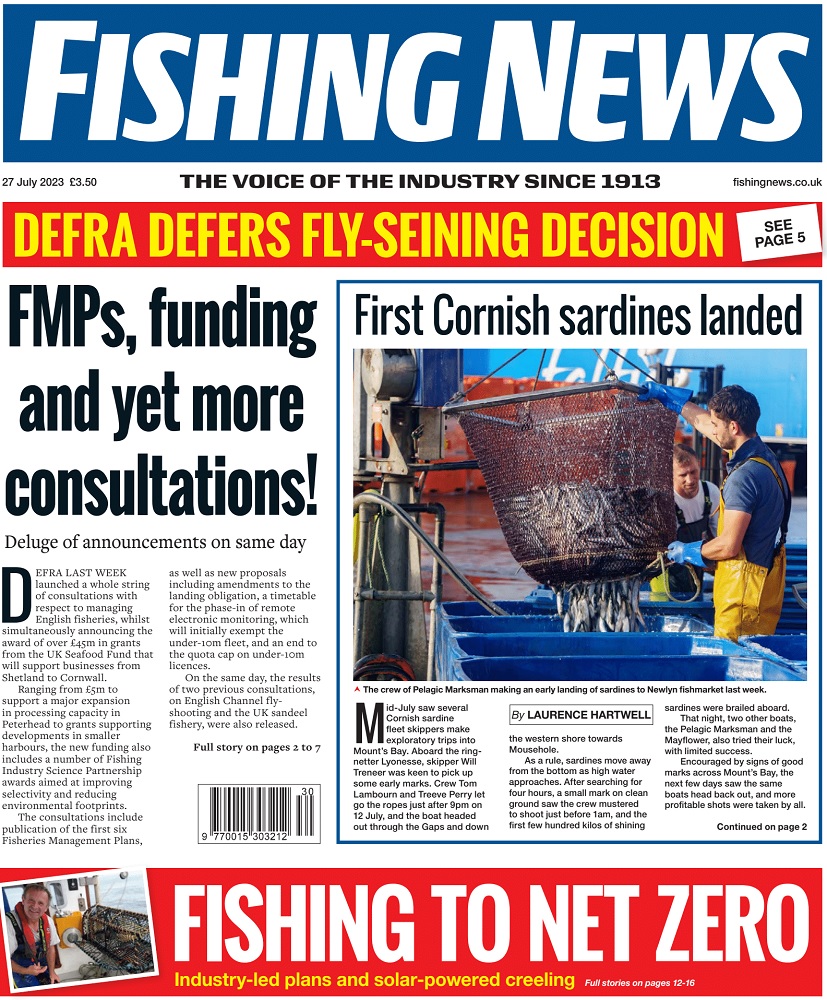Despite failing to meet the original agreed deadline of 10 December, the UK has reached political agreement with both Norway and the EU on bilateral fisheries agreements for 2022. The key issue of access to Norway waters was resolved for 2022. However, as Andy Read and Tim Oliver report, industry frustration at much else of what was agreed remains
UK fishing industry representatives gave a largely positive response to confirmation of a bilateral deal between Norway and the UK that will restore access for UK vessels to Norwegian waters.
The Scottish whitefish fleet, in particular, was hit hard in 2021 by the smaller size, and value, of haddock taken in the UK sector, as a result of being unable to access the larger fish found on the Norwegian side of the North Sea.
Under the terms of the bilateral agreement – the second such since the UK became an independent coastal state following Brexit – the UK and Norway agreed:
- Quota swaps that provide additional Arctic cod and North Sea demersal stocks
- Reciprocal access to each other’s waters in 2022, for a maximum catch each of 30,000t of demersal fish
- Additional reciprocal access for 17,000t of Atlanto-Scandian herring, with potential to increase this further in-year
- To develop improved data exchange, particularly with regard to improved monitoring, control and surveillance in each other’s zones.
The bilateral agreement also saw a 1,500t increase in Arctic cod quota for the UK on 2021 levels, 500t of which was swapped in part-exchange for a range of West of Scotland TACs, mainly as bycatch in directed cod fisheries by Norwegian cod vessels (see table below). However, for the second year running, blue whiting was not part of any swap agreement.
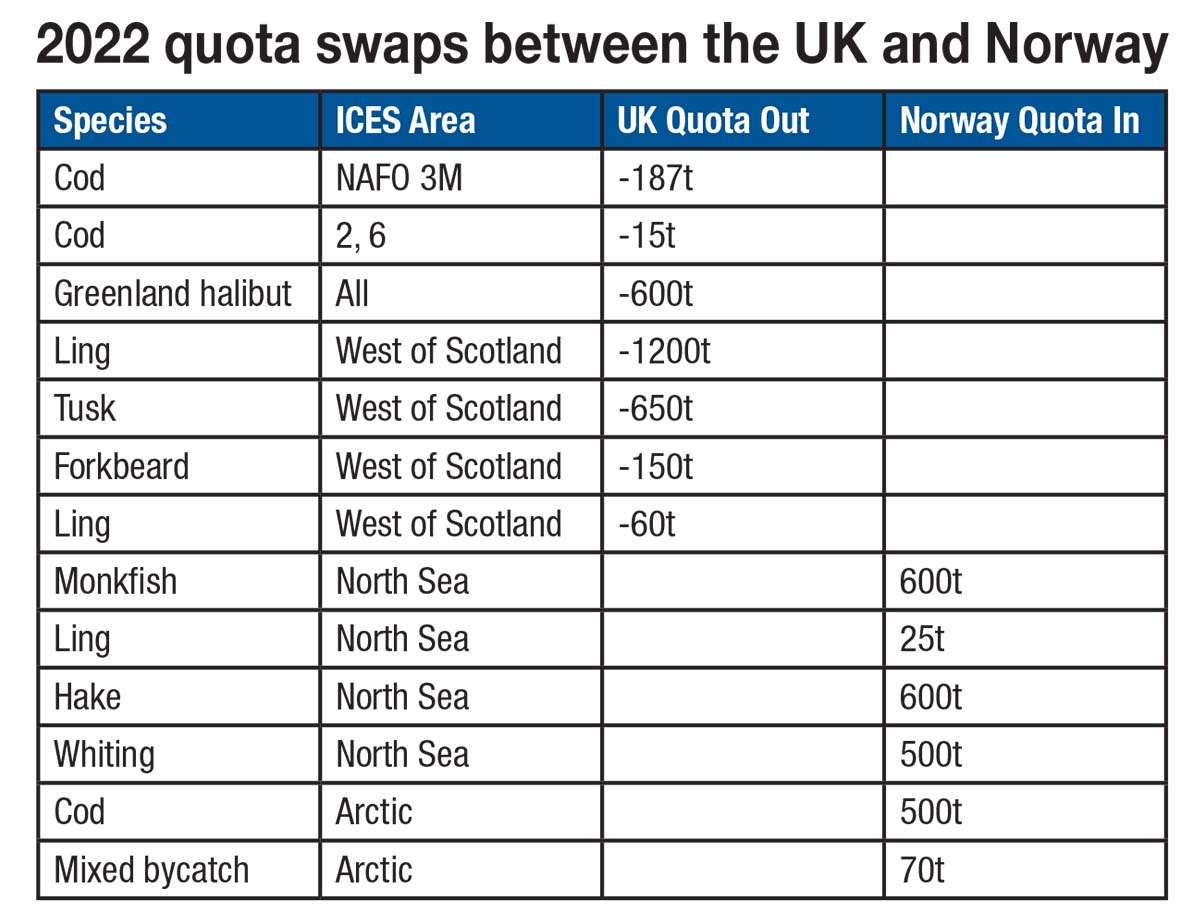
UK fisheries minister Victoria Prentis welcomed the deal, saying: “This will provide fishing opportunities for the UK fleet, and it ensures a strong balance that will benefit both our fishing industry and the protection of the marine environment.”
Scotland’s rural affairs secretary Mairi Gougeon said: “Norway is a key partner for us in the North Sea basin, and this is a welcome agreement.
“On exchanges, the UK will receive additional quota for a number of key demersal stocks. The package for the UK is estimated to be worth £5.23m, and includes inward transfers of whiting, monkfish and hake.
“This exchange helps to mitigate the challenging scientific advice for many demersal stocks this year, while still keeping fishing activity as a whole within sustainable levels.
“This package provides additional opportunities and flexibility for Scottish industry, and is a reflection on the strong and enduring relationship between the UK and Norway.”
However, Humberside MP Karl Turner was quick to respond to news of the agreement, telling Fishing News: “This is a huge blow to the UK distant-water fishing fleet.
“The government gave warm words, but has failed to deliver the catch needed for this proud industry. This news is further proof that this government simply doesn’t care about the fishing industry and the communities in the North which rely on it.”
Jane Sandell, CEO of UK Fisheries, operator of the freezer trawler Kirkella, which along with Farnella is the last survivor of the Humberside distant-water fleet, told FN: “Painting this 1,500t increase as a ‘success story’ is a real blow to the hardworking crews we have here in Hull, who face a second year of hardship as a result of this deal.
“After pre-Brexit promises about ‘increased fishing opportunities’ turned into a reality of a 60% cut in our distant-water quotas in 2021, one of the three vessels left in the fishery, the Norma Mary, left the UK fleet, with the loss of 33 fishing jobs, 25 of these on Humberside.
“Clawing back a small amount of the 60% of lost fishing opportunities we were hit with in 2021 is of little satisfaction to our crew. We have invested huge amounts of time and money in training local crew, to operate a state-of-the-art vessel that was a sign of long-term investment in the fishing industry.
“We now face losing many of these crew to shore-based employment as a result of this agreement. Who can blame them, when we are offered just 60% of the quota that we had prior to 2021?”
MP Karl Turner concurred, adding: “The government now has an opportunity to negotiate quotas with Greenland that might help save Kirkella in 2022, but it has to stop playing fast and loose with the lives and livelihoods of the crews and their families that depend on her.”
The Norwegian minister of fisheries and maritime affairs Bjørnar Skjæran welcomed the outcome of the talks, saying: “I am pleased that the agreement with the UK is finally in place – it gives Norwegian fishermen predictability.
“Not least, this is a historic day – it is the first time we get such an agreement. Going forward, we will continue to develop co-operation with the United Kingdom.”
UK vessels wishing to fish in Norway waters in 2022, which have access to the relevant quotas, will need to apply for an external waters licences via what is now coined the UK Single Issuing Authority. Guidance is available on this on the gov.uk website.
This story was taken from the latest issue of Fishing News. For more up-to-date and in-depth reports on the UK and Irish commercial fishing sector, subscribe to Fishing News here or buy the latest single issue for just £3.30 here.



